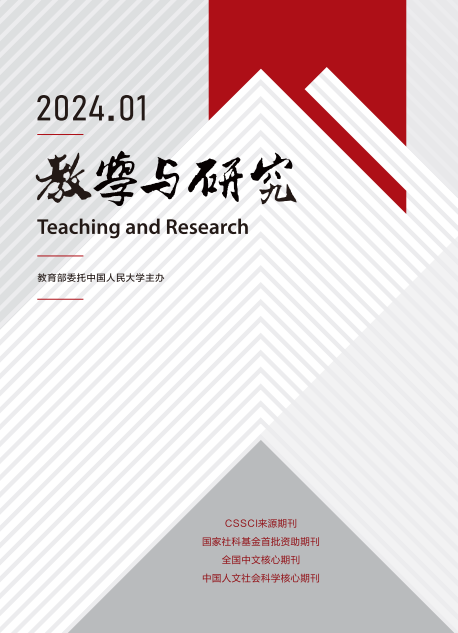|
|
Comrade Mao Zedong and the Road to Modern China: Understand and Implement General Secretary Xi Jinping‘s Speech at the Symposium Held to Commemorate 130th Anniversary of Comrade Mao Zedong's Birth
Li Jie
2024, 58 (1):
5-14.
General Secretary Xi Jinping's speech at the symposium commemorating the 130th anniversary of Comrade Mao Zedong's birth, standing at the historical starting point of the new era and new stage, spoke highly of pioneering and indelible historical contributions made by Comrade Mao Zedong to the founding of New China and to the Chinese people, and fully expounded the historical status, scientific value and guiding significance of Mao Zedong Thought. This paper provides a interpretation of speech in three aspects. First, from 1981 when the second historical resolution was adopted to 2013 when General Secretary Xi Jinping delivered the speech at the symposium commemorating the 120th anniversary of Comrade Mao Zedongs birth, the scientific evaluation of Comrade Mao Zedongs historical achievements and status, as well as the guiding position of Mao Zedong Thought, not only was consistent to the significant appraisal, but also advanced with the times, adapted to the needs of practical development, and constantly brought to it the content based on the new era and practice. Second, General Secretary Xi Jinping spoke highly of Comrade Mao Zedong in his speech at the symposium commemorating the 130th anniversary of Comrade Mao Zedong's birth, adding that “he was a great trailblazer in adapting Marxism to the Chinese context, and laid the groundwork of China's socialist modernization” and “a great internationalist who made significant contributions to the liberation of oppressed nations and the cause of human progress worldwide”. It has enabled our Party's great understanding of Comrade Mao Zedong's historical achievements and status based on the evaluation from previous speeches, which has never been so profound as today. The speech also systematically elaborated on the historical contributions made by Comrade Mao Zedong and the precious ideological wealth he left behind in five aspects: adapting Marxism to the Chinese context, forging the Communist Party of China, founding the New China with the people enjoying the status as masters of the country, creating an advanced socialist system, and building a new model of people's army. All of these have expanded the content related to the second historical resolution. The third is to sort out the realistic requirements of the “six approaches” put forward in the speech from a broader perspective of history that connects history, reality and the future with the Chinese path modernization. It also reveals that there is a main theme running throughout the speech, which is to push forward the cause pioneered by Comrade Mao Zedong, and advance the building of China into a strong country and realize the great rejuvenation of the Chinese nation on all fronts through the path to Chinese modernization.
Related Articles |
Metrics
|



